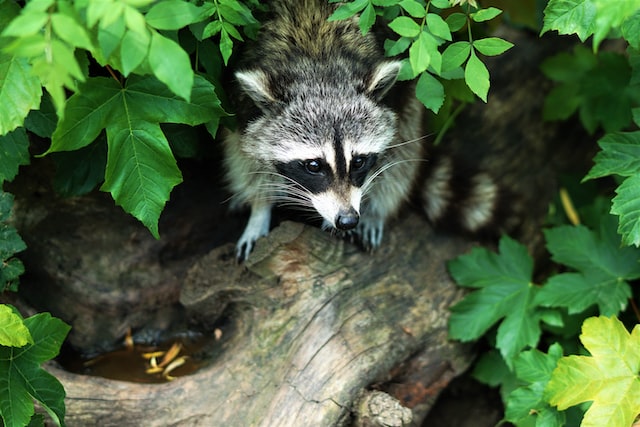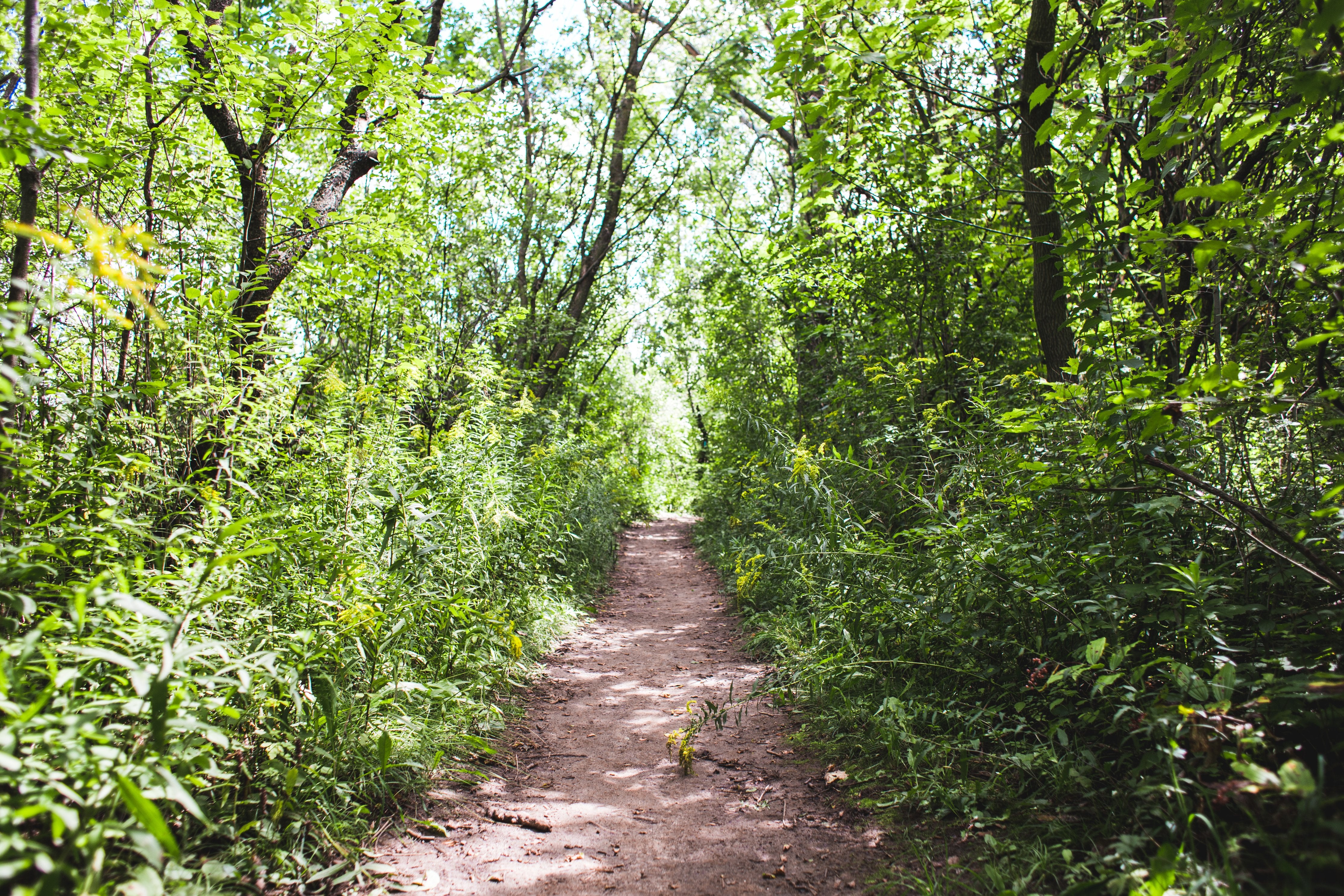Has this ever happened to you? At the end of an exhilarating hike, you set up camp, marvel at a magnificent sunset, satisfied from a hearty meal, and finally sit in your chair to enjoy the evening, and then . . . zzzzzzzzTTTTT. The mosquitos come to feast - on you. And while you're distracted by the constant swatting and slapping, you didn't notice the raccoon foraging through your food supply. And when you finally slipped into your sleeping bag for a night's rest, you find you are sharing the sleeping quarters with a spider or two.
Many a marvelous evening has been ruined by the distraction of pesky blood-sucking, marshmallow eating, creepy crawling pests. What's a camper to do?
Well, first, recognize that you are but a visitor in other creature's homes, and with that comes a bit of curiosity on what you brought to the party. You are a sweaty, smelly warm blooded mammal with delicious smelling food and a warm bed ripe for exploration. But there are precautions you could take to avoid, or at least minimize, the disruption to your experience.
- DEET. Learn to love it. DEET is a mosquito repellent that has been around for decades and no concrete evidence that it causes any harm to humans if used correctly. DEET masks your existence from the biting pests and makes you less attractive to them. Try to avoid smells, both good and bad, by minimizing soaps, deodorants, or other toiletries with scents. Opt for the unscented variety. Other mosquito repellents include permethrin and picaridin, two stronger chemicals that may be more effective but some people want to avoid since they are so powerful.
There are also natural solutions such as a variety of essential oils that repel mosquitos. Cedar and citronella are two popular choices. Lavender and lemongrass work well too. Although the smoke from a roaring campfire may shoo away the pests to some degree, adding natural herbs may enhance the effects. Try adding sage, eucalyptus, or basil to the fire. And rosemary works especially well.
And last, avoid hanging out where the mosquitos hang out. Stagnant water near a swamp or pond are breeding grounds for mosquitos. And if you are in an area naturally prone to a large mosquito population you can minimize your skin exposure by wearing a lightweight long sleeve shirt and pants. - Cardinal rule for camping - no food in your tent. In fact, nothing with an aroma including toiletries, snacks, soaps, etc. Any new scent will naturally attract vermin and curious critters looking for a treat. Isn't that why we buy products like toothpaste, colognes, and lotions with a scent? They smell good! Animals think so too.
Most critters come out at night while you are fast asleep, making for a lovely mess when you awake in the morning. Remember that marshmallow that fell off your stick into the campfire? The raccoon hiding behind the nearby bush was waiting to snatch that up. Clean up well after your meals. Even a greasy spatula will invite inspection. Bring along a bear bag (yes, even bears can smell your potato chips 1-3 miles away, or more if the wind carries the aroma). Bear bags are not just for bears. Put all your smellables in the bag (including your trash too) and learn to string it up on a branch some distance from where you are sleeping, and far enough from the tree trunk that persistent animals can't get to it.
The best prevention is to learn about which critters are natural to the area you will be and find what repellents work best for the inhabitants you are most likely to encounter. - Keep your sleeping bag zipped and your tent flaps closed. If you use a hammock with a mosquito net, keep that zipped too. Flying insects, spiders, and other crawlers will want to inspect the new space you created in search of food or a nice place to nest for the night. On multi-night campouts your sleeping bag will be warm and inviting in the morning, which may lead to unwanted bedmates that night.
Same advice goes if you need to "water a tree" during the night. It's a hassle to unzip your tent to get out then zip it back up to go pee then unzip again to get back in then zip it back up again when you are in. But if you leave it unzipped while you take care of business, those few moments you step away from your warm sleeping bag are enough time for an annoying critter to sneak into the opening.
Any time you camp outdoors you are sharing your space with thousands of creatures big and small who call that spot their home. In fact, they are sharing their space with you. Taking the proper precautions and knowing how to avoid whatever attracts them will result in an enjoyable and comfortable experience.
Photo by Erwan Hesry




Share and get 15% off!
Simply share this product on one of the following social networks and you will unlock 15% off!